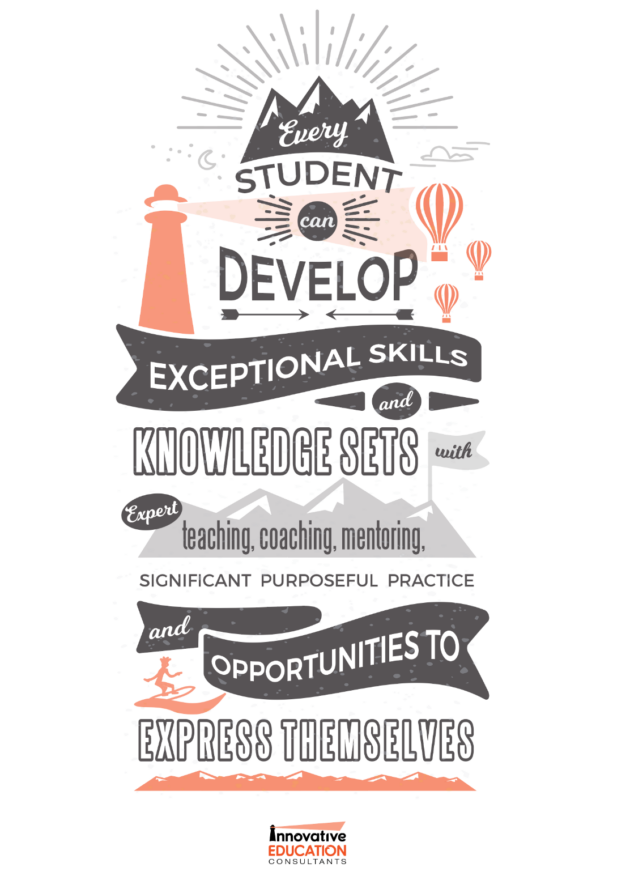Alwyn Poole
Innovative Education Consultants
Qualifications are crucial to your child’s future. Schools are important but family support and a great approach by the child are the most important keys.
Great preparation for exams and assessments starts on the first day of the school year and is continuous. The methodology of the very best students is one that develops understanding, locks concepts and methods into long-term memory and avoids cramming and last-minute assessment completion like the plague.
Our systemic results in New Zealand are currently appalling and we are addressing that to the best of our ability by providing a very high quality nationwide online school (www.mthobson.school.nz). We have recruited absolutely outstanding leadership (soon to be announced) and will have very high expectations for the all-around development and academic excellence for children and young people.
As a parent here are the key methods for Year 11 – 13s to get outstanding results.

- Attend school every day.
- Go to every class and pay full attention. Write notes, ask questions, behave well. Work very hard on understanding what is being presented in the moment. Understanding is the first part of shifting knowledge into long-term memory which is why we remember narrative more easily than disconnected snippets. Have a positive ‘can do’ approach – to every subject.
- Take all of your exercise and textbooks home each night.
- Have a space free from distractions and set aside 60 – 90 minutes five times a week for revision and homework (e.g. Monday – Thursday evenings and a set time Saturday or Sunday). During those times turn off social media and messaging.
- For each subject spend at least five minutes actively reviewing the day’s content. Write a summary note, do an exercise, write a question to ask the teacher the next day. This process is a second step on shifting the information into long-term memory. A good teacher will review the previous day’s work each lesson and that helps too.
- Within each of those five sessions – after the day’s review – pick one subject and write up study notes from the previous week. This really begins to nail the information and concepts into your brain. You write study notes as the year goes on – not just before exams (when it can often be that you are basically starting again from almost scratch). Good learning is deep and continuous.
- The last part of a session is to do your set homework – the stuff that needs to be handed in the next day. Do it LAST and do it well. If you do the set homework first you will often ditch the review in 5 and 6 above.
Being a great student is a choice and requires hard, disciplined work. Everyone can choose to do it and there is no upper limit.

